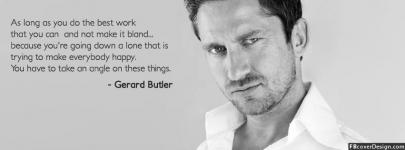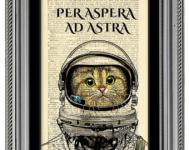Quote:
Originally Posted by Zee

I didn't equate them, I merely brought it up as an example of how people are viewed because of how the international community perceives an individual's political achievements. I am still discussing apartheid - I believe Nelson Mandela was a great man, I'm just pointing out that there are people who will consider him a terrorist because violence was experienced on both sides; two wrongs don't make a right.
|
People in the international community?...
He decided to fight fire with fire after many years of trying the diplomatic way resulting in hundreds of thousands of black South Africans being killed...
Then when there's conflict he was labelled a terrorist?
What was the alternative, without his influence apartheid would still be in place.
It's quite simplistic to say two wrongs don't make a right I feel.
Historically he will be considered a freedom fighter, and it is written on both sides he did everything in his power to create change before violence was used.
Who else in history can we say that about?







































 Linear Mode
Linear Mode

